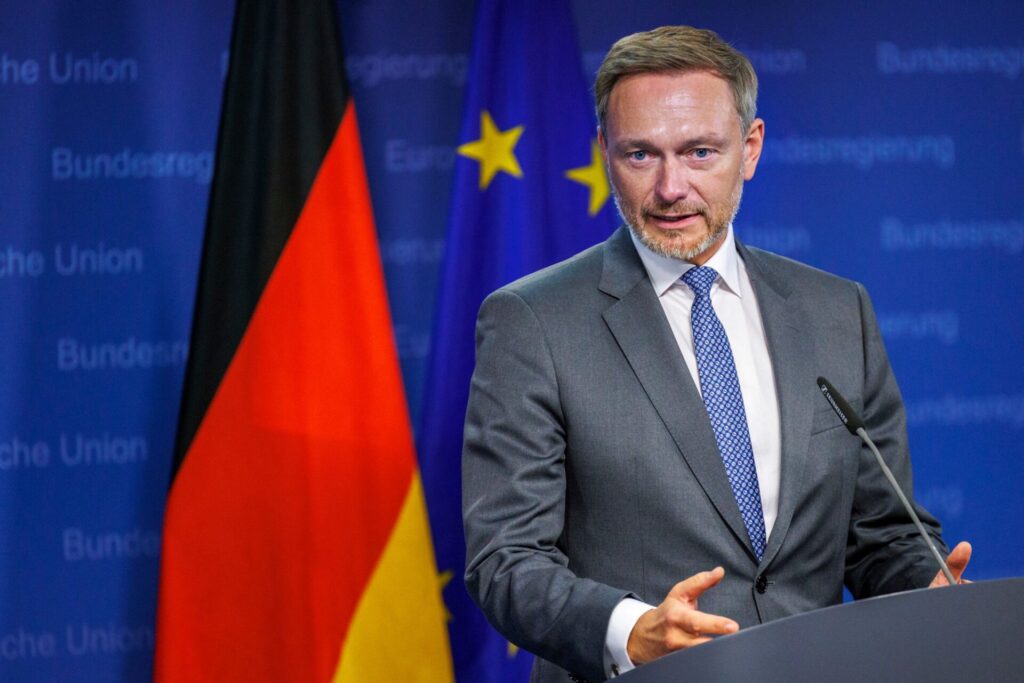Christian Lindner pushes tax relief and fiscal discipline over state-led investment, deepening coalition rifts.
Coalition Splits on Economic Policy
Tensions are high within Germany’s coalition as Finance Minister Christian Lindner and Economy Minister Robert Habeck clash over economic policy. Lindner, from the pro-business Free Democrats (FDP), insists on tax cuts and fiscal discipline to boost growth. Meanwhile, Habeck, a Green Party leader, advocates for massive state-led investments to drive Germany’s economy forward. Their conflicting visions highlight the deep ideological divides in Chancellor Olaf Scholz’s coalition of Social Democrats, Greens, and the FDP.
Lindner’s Push for Tax Relief and Deregulation
Lindner’s recent 18-page policy paper lays out his strategy for economic recovery. He calls for a tax “turnaround” and an immediate end to the solidarity surcharge. Originally introduced to support East Germany after reunification, this surcharge still adds to individuals’ and corporations’ tax burdens. Lindner believes cutting taxes will energize the economy.
He also demands an immediate halt to new regulations, targeting what he sees as overreaching climate standards. Lindner argues that these ambitious environmental policies hamper economic growth. His approach emphasizes a pro-business, free-market vision that aligns closely with his party’s priorities.

Habeck’s Strategy: Investment for Long-Term Growth
In contrast, Habeck pushes for a large-scale investment plan aimed at revitalizing Germany’s economy. His proposal includes creating a state-backed fund to finance green energy, infrastructure, and industrial expansion. Habeck sees these areas as essential for Germany’s competitiveness and resilience. His approach would bypass Germany’s strict fiscal rules, which Lindner staunchly defends.
This division between state-driven investment and market-oriented policy reveals each minister’s guiding philosophy. Lindner values fiscal restraint and market freedom, while Habeck prioritizes sustainability through targeted state spending.
Spending Cuts and Reallocation Disputes
Lindner’s policy paper also proposes controversial spending cuts. He suggests eliminating a 10 billion-euro subsidy initially intended for a semiconductor project with Intel, which the company has now paused. Rather than reallocating these funds, as Habeck proposed, Lindner views this as an opportunity to reduce budgetary strain.
These disagreements reflect deeper philosophical divides that could impact Germany’s economy and its influence within the European Union. If Germany leans toward stricter fiscal policy, other European nations may adopt similar approaches, potentially impacting EU-wide recovery efforts.
As Germany faces economic challenges, its coalition government must reconcile these opposing views. Lindner’s free-market approach and Habeck’s state-led investment strategy signal vastly different paths, casting doubt on the coalition’s cohesion ahead of next year’s election.
Our Visitor






 Users Today : 11
Users Today : 11


